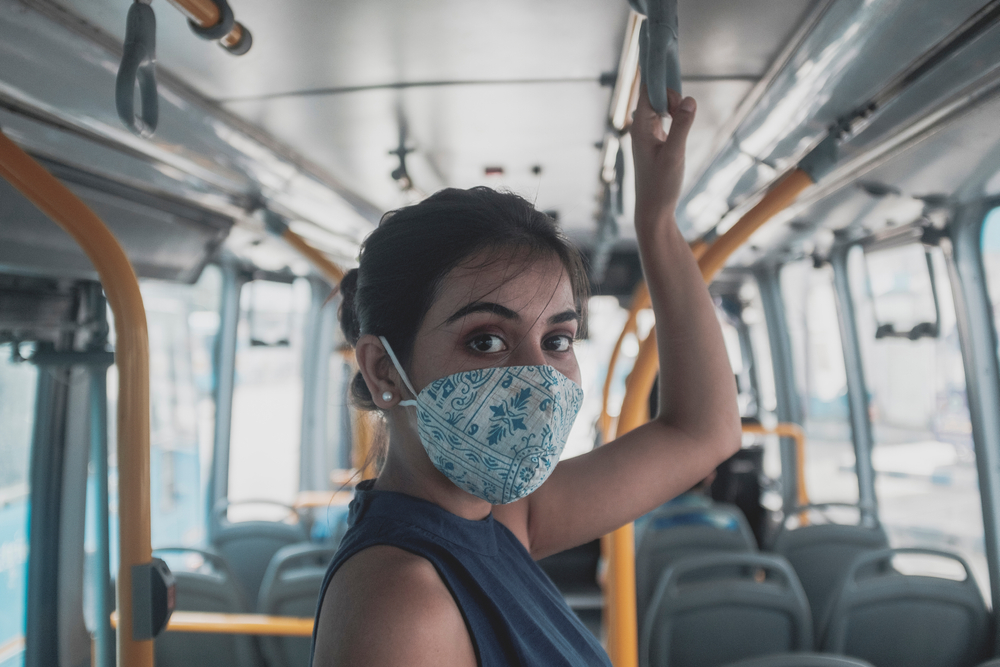


KOLKATA - People losing lives in crowd stampedes is nothing new in either developed or developing countries of the world. The phenomenon has witnessed an increase amidst the pandemic outbreak when hospitals and clinics are facing massive crowd inflations. This stands especially true for a country like India that lacks a proper crowd control management system. Crowd inflations give way to incredible fatalities such as injuries, crushes, and cause claustrophobia. But artificial intelligence (AI) is now deemed as a magic tool that can counter all adversities.
Crowd inflation and crowd mal-management are the most pertinent adversities today. Given the fact that all healthcare industries across the globe strive to thrive on proper AI integrations in their infrastructures, the healthcare institutions in India are vehemently adopting high-end technologies such as AI, and machine learning (ML) to enhance the system of crowd management.
In India, the problem of crowd management associated with healthcare does not confine itself to the premises of hospitals only. India has been following the culture and tradition of blood donation camps. The frequency of such campaigns can be noticed in East India and in Kolkata, formerly Calcutta, where at least five blood donation camps, called rokto-daan shibir, are held in a year. The goal is to maintain equity in the dissemination of medical facilities and good health. While the idea is noble and holy, huge gatherings often lead to unwanted contaminations and injuries.
Over 76 percent of healthcare institutions in India have successfully integrated AI-power
The content herein is subject to copyright by The Yuan. All rights reserved. The content of the services is owned or licensed to The Yuan. Such content from The Yuan may be shared and reprinted but must clearly identify The Yuan as its original source. Content from a third-party copyright holder identified in the copyright notice contained in such third party’s content appearing in The Yuan must likewise be clearly labeled as such. Continue with Linkedin
Continue with Linkedin
 Continue with Google
Continue with Google










 4045 views
4045 views







